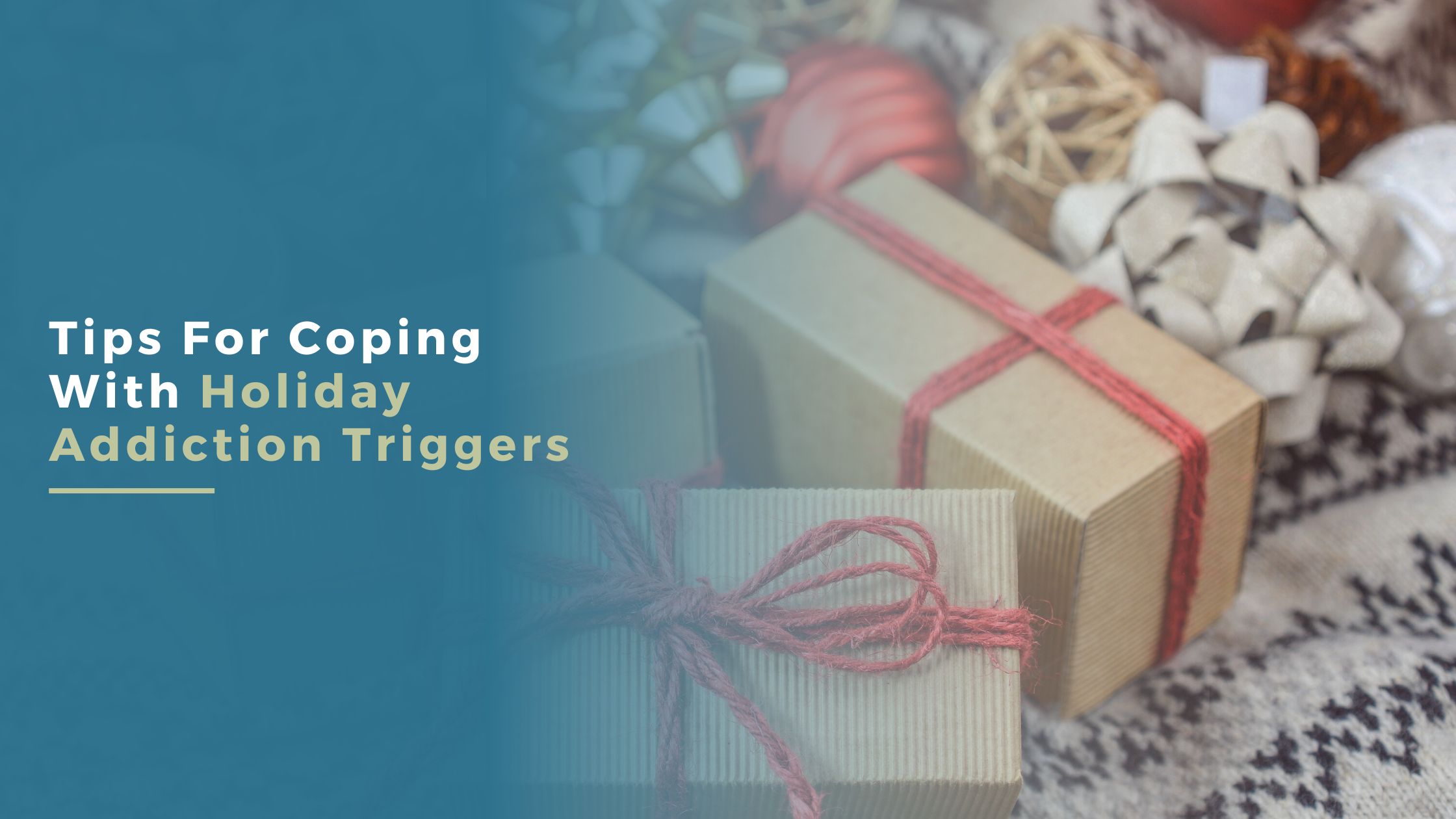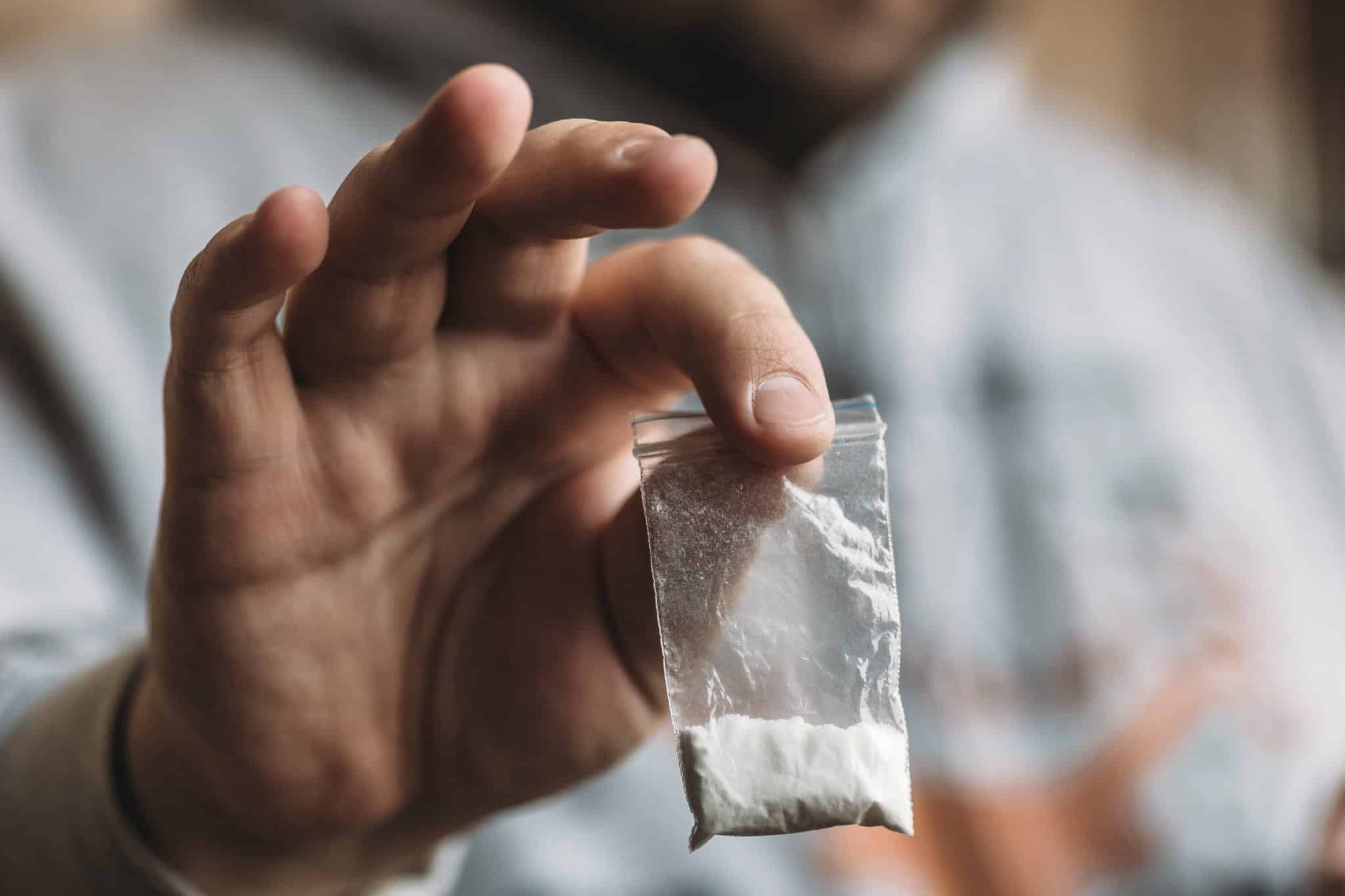When recovering from alcohol and drug addiction, holidays can be pretty challenging. There are numerous addiction triggers during the holidays. Fortunately, you were taught how to recognize relapse triggers and develop a strategy for managing them during your addiction treatment sessions.
Family/friend connections, festivities, and familiar places can all spark an emotional connection to your alcohol or drug of choice. Addiction and relapse triggers can be objects, people, environments, or emotions that cause people recovering from addiction to experience drug or alcohol cravings.
These cravings can decrease in strength and frequency the longer you stay in recovery. If you don’t know how to deal with holiday addiction triggers, they can potentially lead to relapse. Paying close attention to these triggers is critical to maintaining sobriety during the holidays.
Common Holiday Addiction Triggers
A holiday addiction trigger is anything that tempts you to engage in substance misuse during the holidays. The holidays’ stress, parties, and general life upheavals can cause some recovering and people with active addictions to turn to alcohol and substance misuse.
Therefore, it is imperative that you get prepared to face and deal with all potential setbacks by familiarizing yourself with the holiday addiction triggers. The common triggers include:
Holiday celebrations
There are roughly six weeks of parties and festivities from Thanksgiving through New Year. From family get-togethers to social events and corporate parties, the parties can stack up really fast. If you are not careful, the sequential celebrations can trigger emotional connections to alcohol and drugs.
This often happens because the celebrations sometimes involve alcohol consumption and substance misuse. Regardless of how long you have been in recovery, it is easy to relapse at a party.
You can resolve to only take one glass and call it quits, but then that one drink leads to another, and before you realize it, you are already relapsing.
Family Conflicts
Most families meet during the holidays as members reunite during Thanksgiving or Christmas. Unfortunately, some family gatherings are not as joyous as we would want them to be. Conflicts with family members can result in feelings of resentment arising from past painful experiences.
If you have ever experienced a family-related trauma, being around some family members can cause unmanageable tension. This can potentially trigger alcohol and substance misuse among people in addiction recovery.
Holiday Stress
At times, the holidays can be stressful. Buying presents, organizing events, and worrying about finances can be too much to handle. The pressure can be extremely overwhelming. Some people recovering from addiction turn to drug and alcohol misuse during the holidays to cope with stress, anxiety, and depression.
When you already have an underlying mental health condition, such as depression or anxiety, that led to you being in active addiction in the first place, feeling overwhelmed or stressed during the holidays can trigger a relapse.
Changes in Schedule
Chaos or disruption in your daily routine can also trigger addiction or relapse. The holidays’ activities can create chaos, throwing you off schedule and creating instability in your life.
It’s possible to feel an edge as you move from one holiday event to another. Too many events can derail your efforts, even as you try to stick to your schedule.
Tips For Coping with Holiday Addiction Triggers
Although holidays can be problematic for people recovering from addiction, they do not have to end in a relapse. Discussed below are some tips to prepare you for stressful holiday situations. The goal is to have a great holiday season without jeopardizing your sobriety efforts.
Know Your Triggers
Before you can even familiarize yourself with how to deal with holiday addiction triggers, you should first get to know your potential triggers. Everyone is different, and what causes you to crave alcohol and drugs can differ from someone else.
As such, you must take some time and think about the things, people, situations, and environments that once tempted you to use again or brought alcohol or substance cravings. A clear understanding of your addiction triggers will make it easier to avoid them or manage them when they appear.
Learn To Say No
It is expected that you will receive invites to parties and events during the holidays. Some of these events will have some of your already established addiction triggers. It is okay to turn down such invites instead of placing yourself in uncomfortable situations or risking your sobriety.
Have a Reasonable Plan
If you resolve to attend an event where there will be drugs and alcohol, among other relapse triggers, it is good that you plan ahead. You can decide to ask a sobriety friend to accompany you. You can also choose to limit your time in the event by planning to leave early.
Understanding your options before attending an event will make you feel less overwhelmed and more comfortable removing yourself from risky situations when necessary.
Check Out Meetings in Your Area
Confiding in other recovering from addiction can help relieve some of the stress that comes with the holidays. That is why it is critical that you look up and join recovery meeting programs in the area where you intend to spend your holidays.
Programs such as Alcoholics Anonymous continue to hold weekly meetings during the holidays. Most recovery groups have seasonal parties with plenty of food, talks of gratitude, fellowship, and a spirit of giving.
Pay Attention to Your Emotions
You must also pay close attention to your emotions during the holidays. Emotional triggers are part of the cycle of addiction, and they are a significant impetus behind the urge to relapse.
Make a resolve to frequently tune in with yourself and allow yourself to experience and endure whatever feelings might come up during the holiday season. Whenever negative emotions such as anger, guilt, sadness, and shame get overwhelming, do not hesitate to call a sober family member, mentor, or friend to talk it out.
Volunteering
Volunteering is another great approach to combating and coping with holiday addiction triggers. When volunteering, you can shift your focus from potential triggers to serving others. Service to the community during recovery helps you feel more connected to others, preventing feelings of hopelessness and loneliness during the holidays.
Crest View Recovery Center Can Help You Cope with Holiday Addiction Triggers
The holidays can be a difficult time for those in recovery, but Crest View Recovery Center in Asheville, NC is here to help. Our sober holiday preparation therapies and recovery treatment programs are designed to help you stay on track this season. If you would like more information or want to enroll in one of our programs, please contact us today by calling 866-350-5622. We look forward to helping you have a happy and healthy holiday season!




